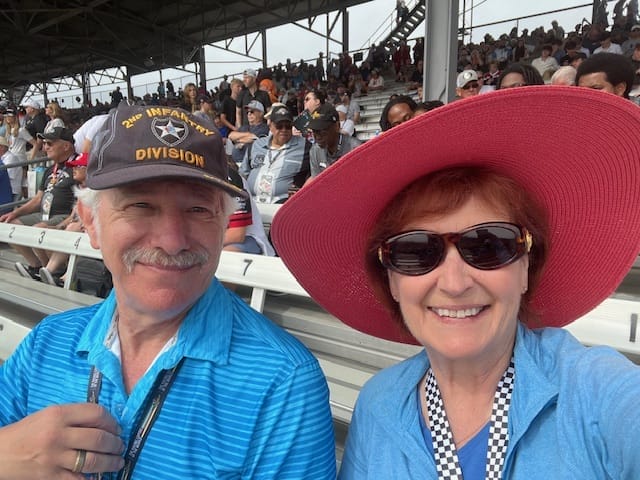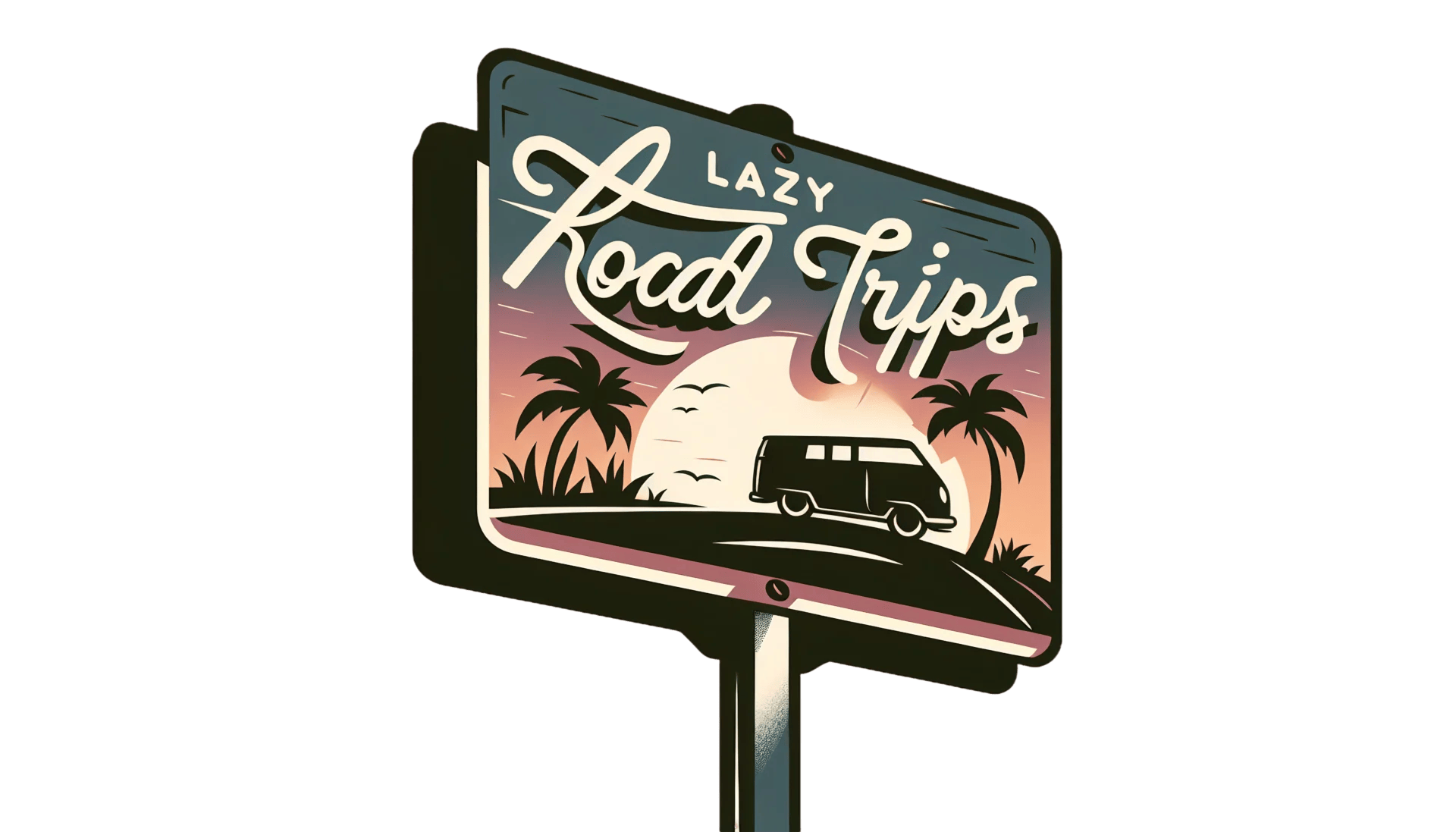RV travel keeps changing, and lately, off-grid living has really caught on. It’s not just about ditching city chaos—it’s about chasing a lifestyle that’s lighter on the planet and maybe a bit more adventurous.
There’s this news story floating around about a tiny cabin in Maine that nails the off-grid vibe. It’s got people talking, and honestly, it’s a cool example of what off-grid RV life could look like.
Let’s take a closer look at what makes this lifestyle tick, the ups and downs, and maybe toss in a few tips for anyone tempted to try it themselves.
The Allure of Off-Grid Living
Off-grid living keeps pulling in more RV fans every year. Cutting the cord from the power grid and leaning on solar or wind isn’t just eco-friendly—it feels freeing, too.
This Maine cabin? It’s proof you don’t have to give up comfort for sustainability. You can have both, if you do it right.
Sustainability and Eco-Friendliness
Lots of folks chase off-grid living to shrink their carbon footprint. Switching to solar panels or wind turbines really cuts down on fossil fuel use.
The Maine cabin runs entirely on solar, showing how you can power up without plugging in. Composting toilets and rainwater collection systems are pretty common, too.
These choices make a real difference for the environment. Plus, they push people toward a more self-sufficient way of life—something that feels good, even if it takes some getting used to.
Independence and Self-Sufficiency
There’s something special about being able to pick up and go, no strings attached. Off-grid setups let people settle in remote spots, far from the usual noise and smog.
The Maine cabin sits tucked away, surrounded by nature. It’s quiet, peaceful, and honestly, a little bit magical compared to city living.
Generating your own power and water can also save money. Over time, those savings add up, making off-grid living a smart move for some.
Challenges of Off-Grid Living
Of course, it’s not all sunshine and roses. Off-grid life comes with its own set of headaches, from setting things up to keeping everything running smoothly.
Initial Setup and Costs
Getting started isn’t cheap. Solar panels, batteries, turbines—it all adds up fast.
But if you plan carefully and budget smart, it can work out. The Maine cabin shows it’s doable, though it does take effort and some upfront spending.
Some government rebates and incentives can help shave down those costs. It’s worth digging into what’s available before you start.
Maintenance and Upkeep
Once you’re up and running, there’s still work to do. Solar panels and wind turbines need cleaning and checking pretty regularly.
Batteries need attention, too. If you ignore them, they won’t last as long, and problems can sneak up on you.
And let’s be honest—sometimes the sun doesn’t shine or the wind doesn’t blow. Having a backup plan, like a generator, can save you a lot of stress when the weather doesn’t cooperate.
Tips for Successful Off-Grid Living
Thinking about making the leap? A few practical tips can make a big difference as you get started.
Start Small
If you’re new to this, don’t go all-in right away. Maybe add a couple of solar panels or a small wind turbine to your RV and see how it goes.
Once you get the hang of it, you can always expand your setup. No need to rush.
Plan and Budget
Take the time to map out what you’ll need, and be honest about the costs. Make a budget that covers both getting started and keeping things running.
Look into any government programs that might help with expenses. Every little bit helps.
Educate Yourself
The more you know, the smoother things will go. Read up, join workshops, or chat with folks who already live off-grid.
Learning from others’ mistakes—and wins—can save you a lot of hassle down the road.
Conclusion
Off-grid living isn’t just a trend—it’s a lifestyle that feels both rewarding and, honestly, a little daring. There’s something about the idea of being self-sufficient and sustainable that just draws people in.
This tiny cabin in Maine? It’s a pretty inspiring example of what you can pull off with some careful planning and a bit of grit. Folks who dive into renewable energy and eco-friendly habits really get to enjoy that freedom and independence, all while shrinking their environmental footprint.
Curious to learn more or just love a good story? Check out this article about a tiny cabin in Maine. Maybe with the right info and a little prep, you’ll find yourself tempted to try off-grid living too.

